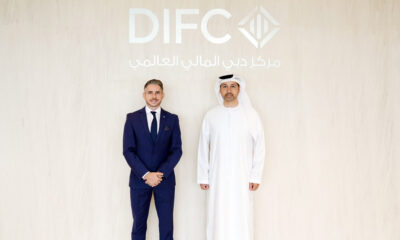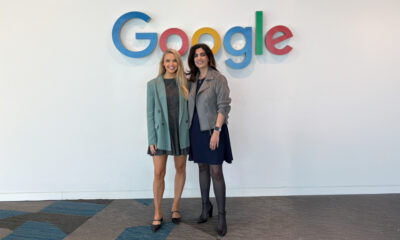News
Dubai’s Self-Driving, Electric Abra Blends Tech With Tradition
The Emirate is upgrading its waterway transportation fleet by introducing Sea Breeze, a smart, sustainable water taxi.
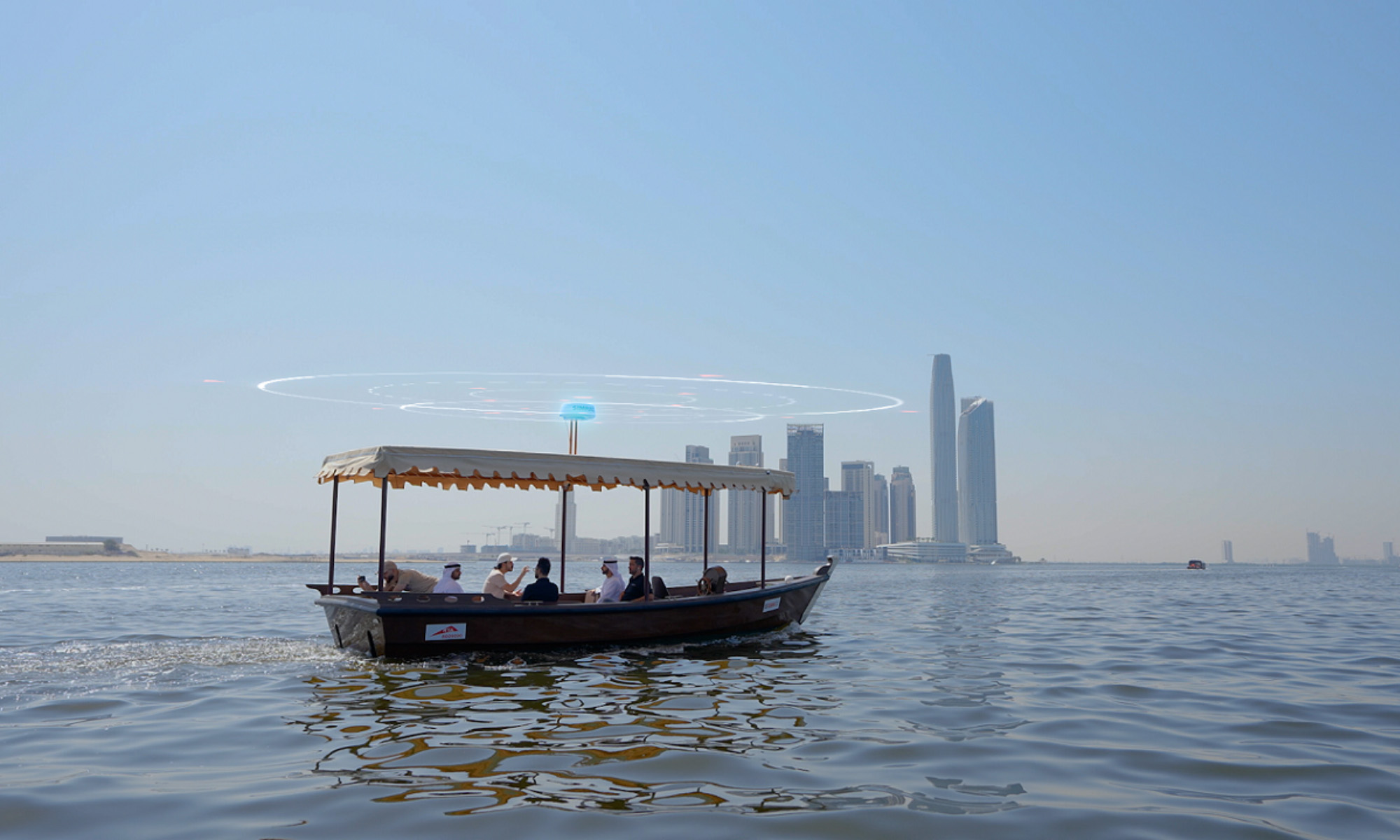
Yesterday, a self-driving traditional wooden abra boat named “Sea Breeze” embarked on its first on-the-water trial on Dubai Creek between the Al Jadaf and Festival City stations.
The initiative, led by the Dubai Roads and Transport Authority (RTA), aims to enhance efficiency for residents and tourists while lowering emissions.
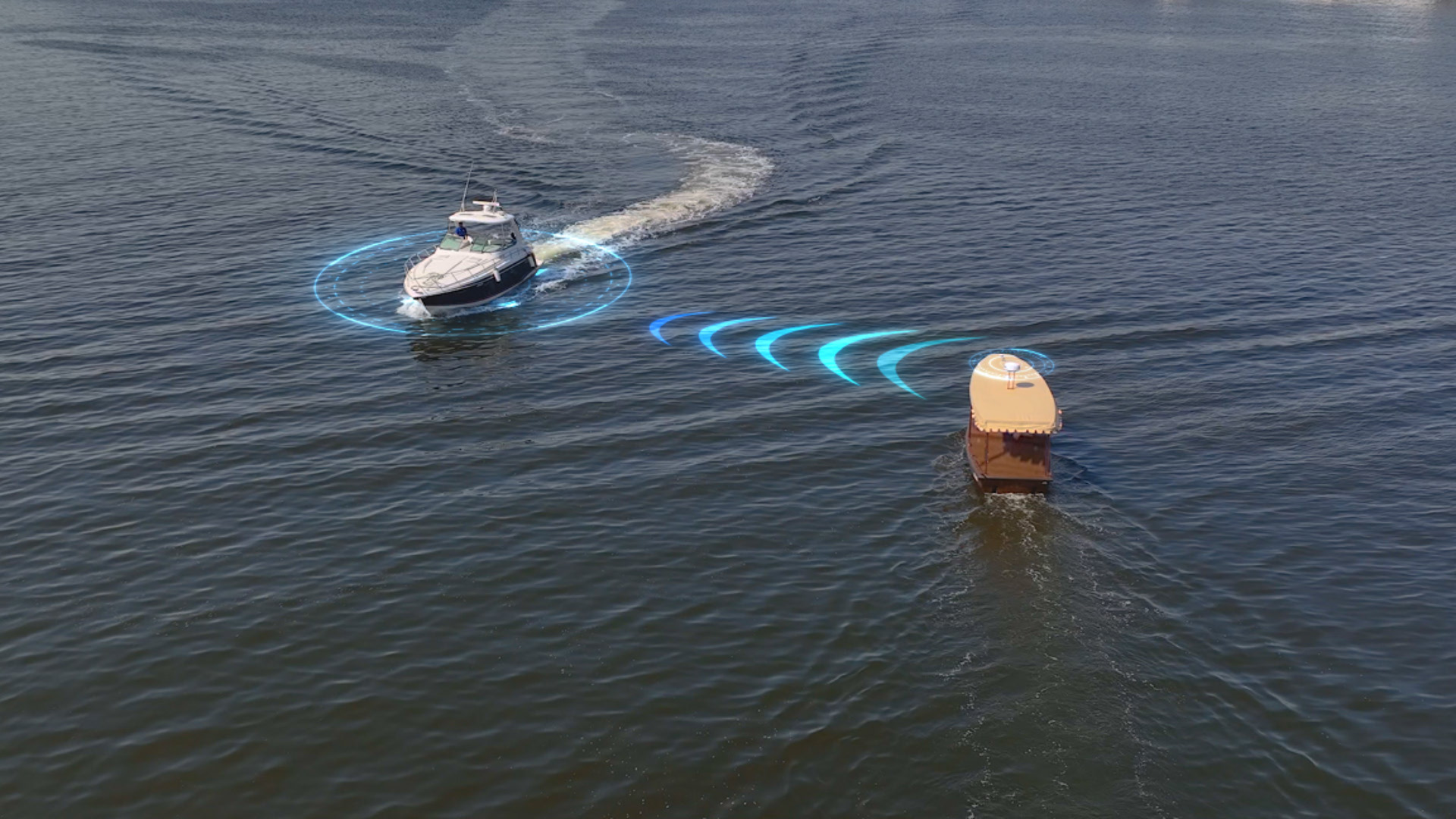
“Dubai’s commitment to pioneering advancements in transportation is evident in the launch of the city’s first self-driving electric abra,” noted His Excellency Mattar Al Tayer, Director-General and Chairman of the Board of Executive Directors of the RTA. “This groundbreaking development aligns with our vision to transform Dubai into a smart city and offers an eco-friendly solution that ensures the sustainability of our transportation infrastructure”.
Featuring state-of-the-art automated navigation systems, the Sea Breeze can effortlessly glide along Dubai’s waterways while retaining the iconic shape of the traditional abra. The self-driving abra has plenty of benefits, including an increased passenger capacity of up to 8 people, reduced operational costs, and environmental impact due to its electric propulsion system.
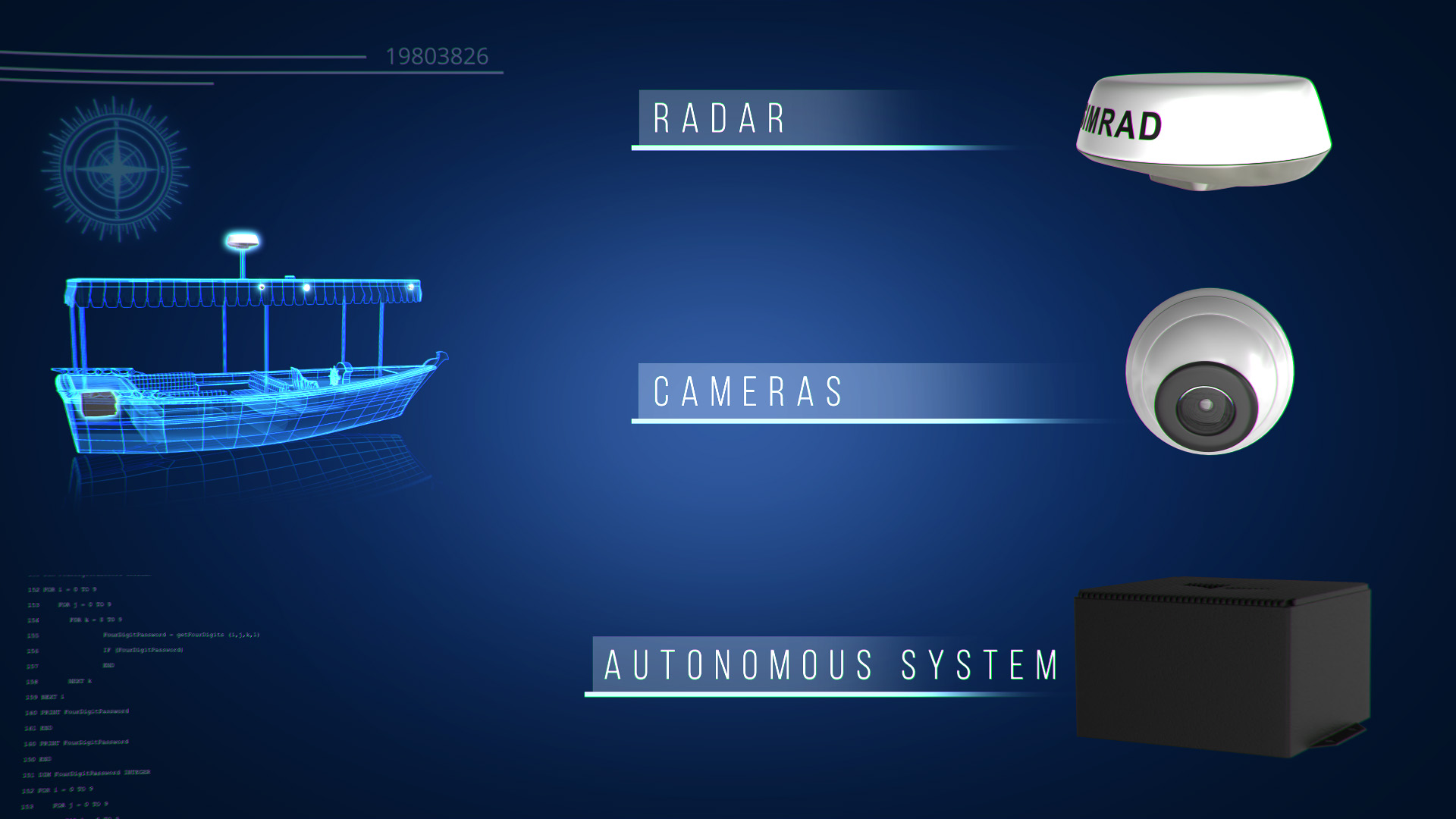
As for the craft’s AI smarts, the self-driving abra can detect oncoming obstacles, notify the control center of system malfunctions and deviate from preset routes if obstacles are detected, or an emergency is announced.
Also Read: Dubai Launches The World’s Largest Ocean Restoration Project
“The launch of the self-driving electric abra marks a significant milestone in Dubai’s journey towards a sustainable and technologically advanced transportation system,” explained His Excellency Sultan Al Haddad, who is the CEO of the Marine Transport Sector at RTA. “By integrating advanced autonomous technology with an eco-friendly electric propulsion system, we are revolutionizing the way people move across Dubai’s vibrant waterfront areas”.
Dubai revealed a next-generation fleet of high-powered wooden abras back in 2020 as part of a plan to overhaul the emirate’s marine transport sector. The traditional boats were overhauled to cater to improved safety standards and to allow better access for people with disabilities. Changes included designated wheelchair spaces, life jackets stowed under seats and GPS technology, and upgraded digital payment systems.
News
Rabbit Expands Hyperlocal Delivery Service In Saudi Arabia
The e-commerce startup is aiming to tap into the Kingdom’s underdeveloped e-grocery sector with a tech-first, locally rooted strategy.

Rabbit, an Egyptian-born hyperlocal e-commerce startup, is expanding into the Saudi Arabian market, setting its sights on delivering 20 million items across major cities by 2026.
The company, founded in 2021, is already operational in the Kingdom, with its regional headquarters now open in Riyadh and an established network of strategically located fulfillment centers — commonly known as “dark stores” — across the capital.
The timing is strategic: Saudi Arabia’s online grocery transactions currently sit at 1.3%, notably behind the UAE (5.3%) and the United States (4.8%). With the Kingdom’s food and grocery market estimated at $60 billion, even a modest increase in online adoption could create a multi-billion-dollar opportunity.
Rabbit also sees a clear alignment between its business goals and Saudi Arabia’s Vision 2030, which aims to boost retail sector innovation, support small and medium-sized enterprises, attract foreign investment, and develop a robust digital economy.
The company’s e-commerce model is based on speed and efficiency. Delivery of anything from groceries and snacks to cosmetics and household staples is promised in 20 minutes or less, facilitated by a tightly optimized logistics system — a crucial component in a sector where profit margins and delivery expectations are razor-thin.
Despite the challenges, Rabbit has already found its stride in Egypt. In just over three years, the app has been used by 1.4 million customers to deliver more than 40 million items. Revenue has surged, growing more than eightfold in the past two years alone.
Also Read: Top E-Commerce Websites In The Middle East In 2025
CEO and Co-Founder Ahmad Yousry commented: “We are delighted to announce Rabbit’s expansion into the Kingdom. We pride ourselves on being a hyperlocal company, bringing our bleeding-edge tech and experience to transform the grocery shopping experience for Saudi households, and delivering the best products – especially local favorites, in just 20 minutes”.
The company’s growth strategy avoids the pitfalls of over-reliance on aggressive discounting. Instead, Rabbit leans on operational efficiency, customer retention, and smart scaling. The approach is paying off, having already attracted major investment from the likes of Lorax Capital Partners, Global Ventures, Raed Ventures, and Beltone Venture Capital, alongside earlier investors such as Global Founders Capital, Goodwater Capital, and Hub71.


